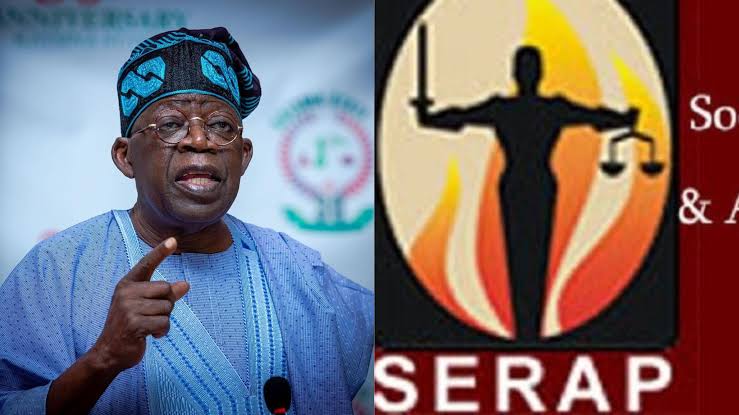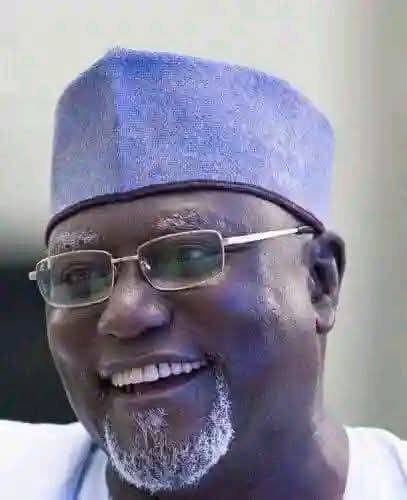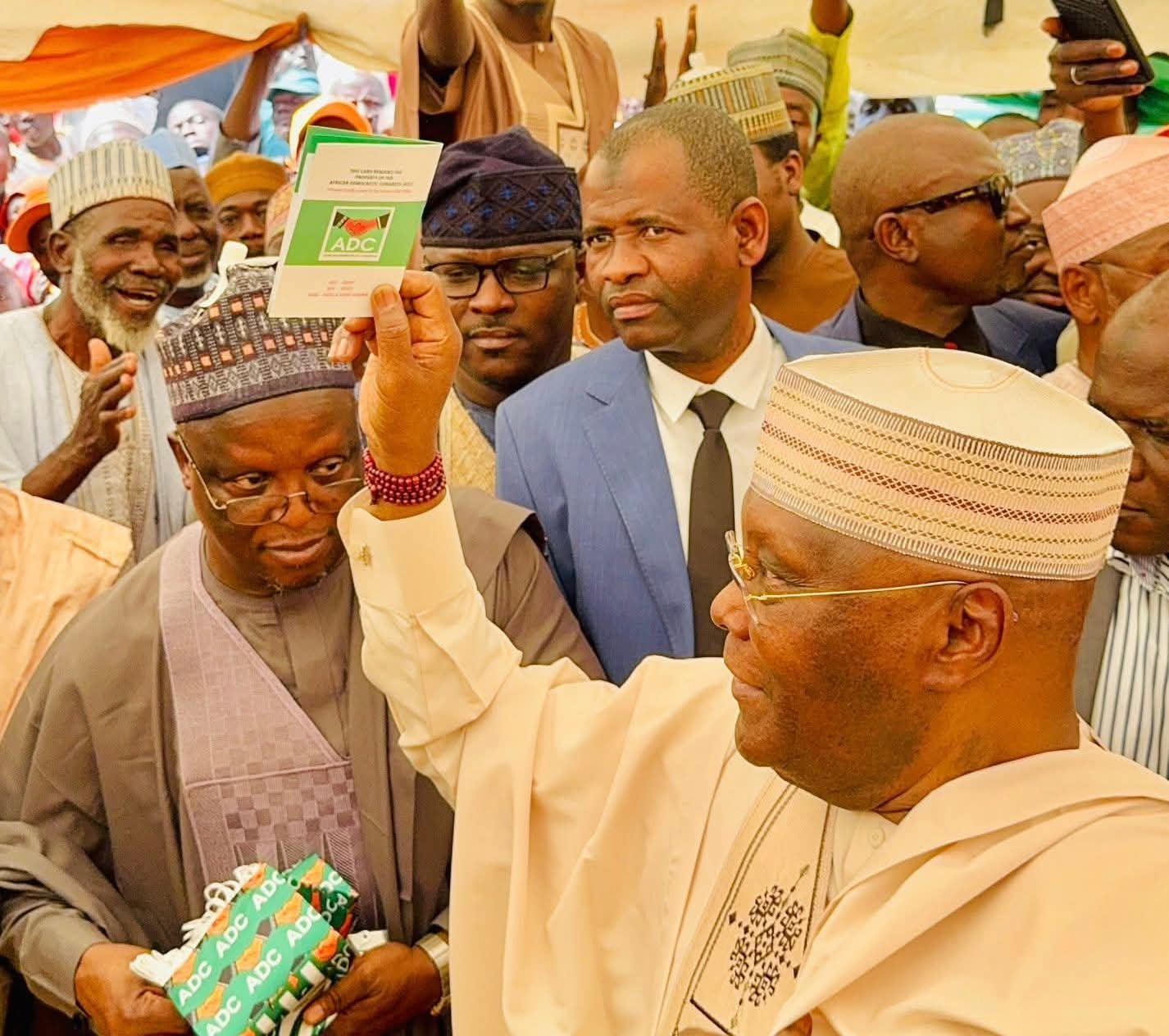Isaac Samuel
The Socio-Economic Rights and Accountability Project (SERAP) has called on President Bola Tinubu to make public full details of the process for appointing a new chairman of the Independent National Electoral Commission (INEC), as the tenure of the current chairman, Prof. Mahmood Yakubu, draws to a close.
Yakubu, who was first appointed in 2015, will complete his second and final five-year term in November 2025, after overseeing the 2019 and 2023 general elections.
His successor is expected to be nominated by the president and confirmed by the Senate.
In a letter dated September 27, 2025, and signed by its deputy director, Kolawole Oluwadare, SERAP urged President Tinubu to disclose the selection and appointment procedure for Yakubu’s replacement, including the number and names of shortlisted candidates and whether the constitutionally required consultation with the Council of State has been or will be carried out.
The group also advised the president to use the opportunity to review and reverse the appointment of at least three Resident Electoral Commissioners (RECs) allegedly linked to the ruling All Progressives Congress (APC), and to nominate non-partisan individuals as their replacements.
“The selection and appointment process for Mr. Yakubu’s replacement cannot and should not be a closed shop. A transparent and accountable process would serve legitimate public interests,” SERAP stated.
Citing Section 154(1) of the 1999 Constitution (as amended), SERAP noted that the law not only mandates presidential nomination and Senate confirmation but also requires the president to consult the Council of State before appointing an INEC chairman. It argued that these provisions are designed to ensure inclusivity and prevent partisan capture of the electoral body.
The organisation maintained that there is a strong link between transparency in the appointment process and the commission’s ability to discharge its duties independently and impartially.
“Openness and transparency would strengthen public trust in INEC’s neutrality and encourage citizens’ participation in elections. Conversely, secrecy would undermine the commission’s autonomy and compromise Nigerians’ right to free and fair elections,” SERAP warned.
It stressed that whoever emerges as the next INEC chairman must be “non-partisan, independent, impartial, and neutral” to ensure the effective implementation of the Electoral Act and the credibility of future polls.
The group gave the government seven days to comply with its demands or face legal action in the public interest.





